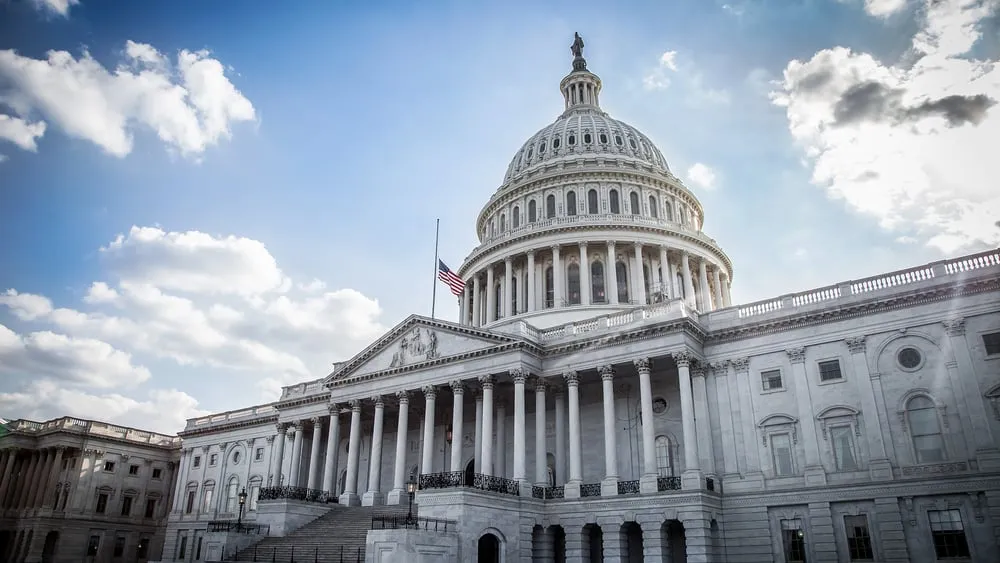The U.S. risks lagging in stablecoin regulation at the federal level amid competing jurisdictions worldwide, even as the Republican and Democrat parties work to establish clearer rules for the sector.
The concern was highlighted by Circle’s Vice President, Yam Ki Chan, in an interview with Decrypt during Korea Blockchain Week on Wednesday, where he discussed global regulatory shifts.
“Major jurisdictions around the world have set a minimum baseline for what a well-regulated stablecoin looks like,” Chan said. “The one that doesn't have it fully yet is the U.S. at a national level.”
That runs against other regulations worldwide, including the EU's MiCA rules and Hong Kong's stablecoin framework , which have begun establishing a national unified approach for those regions.
In the U.S., many states regulate stablecoin issuers under their existing money transmission laws, which also apply to payment services like Apple Pay, Google Pay, and PayPal.
Those issuers must obtain money licenses in individual states, leading to a fragmented landscape that raises compliance costs, hampers innovation, and complicates scaling across the U.S.
“What's important is for the U.S. to upgrade and have a structure to define what a well-regulated stablecoin looks like,” he said.
In July 2023, the U.S. House Financial Services Committee passed a bipartisan stablecoin bill known as the "Clarity for Payment Stablecoins Act of 2023."
The bill aims to create a regulatory framework for stablecoins in the U.S., addressing issues such as consumer protection, financial stability, and the roles of federal and state regulators.
While it passed in committee, the bill would still need to go through further legislative processes, including approval by the House and Senate, before becoming law.
The trouble is that even with bipartisan agreement on the policy aspects of the bill, the political process in the U.S. involves negotiating, bargaining, and dealing with other unrelated issues to gain enough support to move the bill through Congress, Chan said.
This "trading of issues" refers to the compromises and deals made to push the legislation forward, even when there's consensus on the policy itself.
“This is the thing about U.S. politics: there are policies, and then there are politics,” Chan said, whose company, Circle, is best known for issuing the market's second-largest stablecoin, USDC, pegged to the U.S. dollar.
Asked whether he believed the upcoming U.S. election in November would jeopardize the outcome for clearer crypto rules, including the passage of the stablecoin bill, the executive said the moment represents a chance to reprioritize and reshape the national conversation.
“For those of us who follow those conversations, we can see that convergence,” Chan added.
Chan pointed to Sen. Chuck Schumer’s (D-NY) announcement last month, where he vowed to pass crypto legislation by the end of the year.
While further details on what that looks like were not provided at the time, Chan said Schumer’s “bold move” to announce it nonetheless demonstrated a shift in the political consciousness surrounding crypto.
“We have lots of private companies working with us who are also speaking with the regulators; this is not a ‘go alone’ conversation,” he said. “It's really important to understand how it works for us legally. What kind of risk are we taking on?”
It's also important for the regulators to have some kind of visibility in the market, he added, stressing that while it was essential to “push the limit” in terms of innovation, it was also important not to get too far ahead of the rules.
“That's a very, very tough thing,” Chan said.


